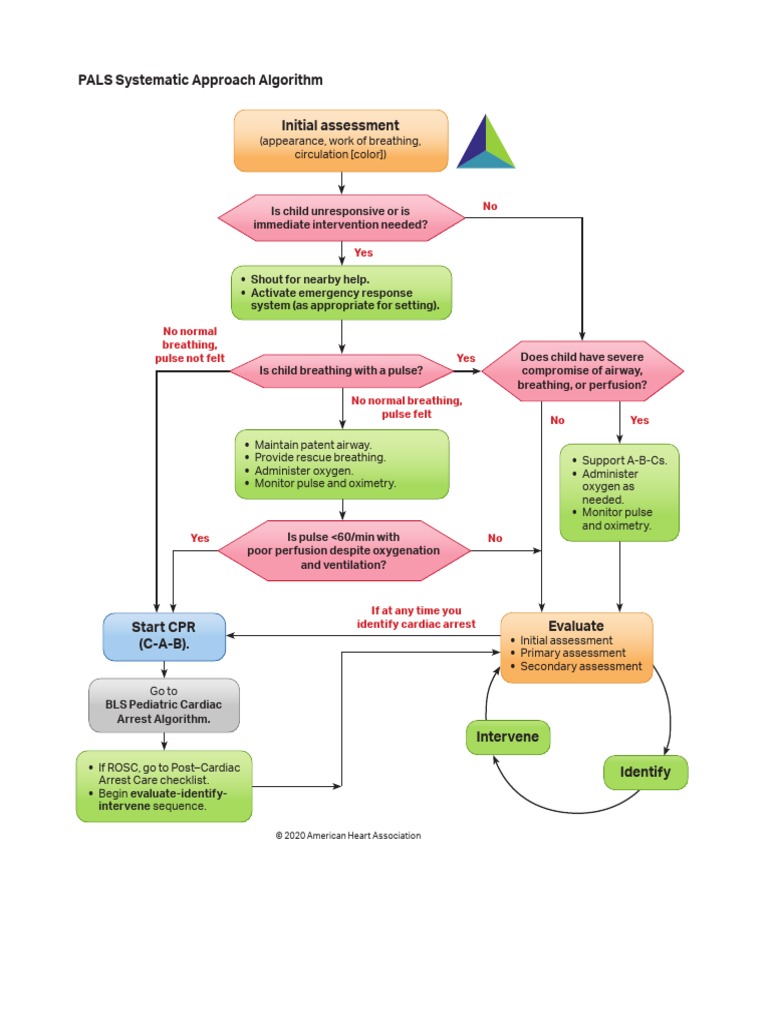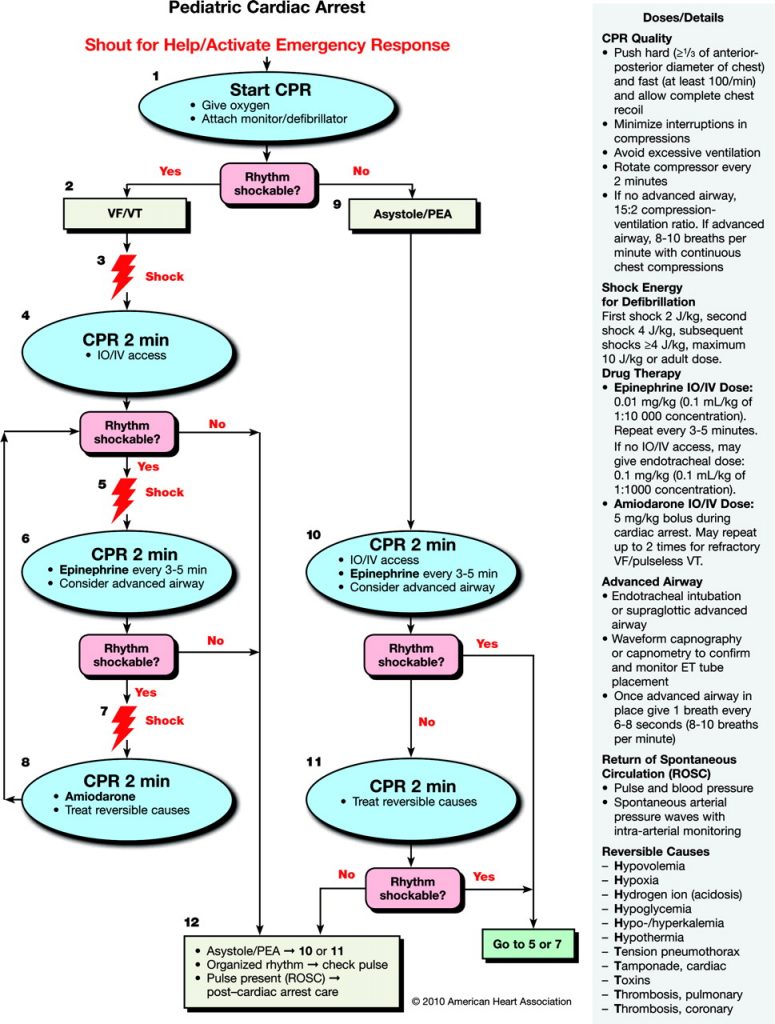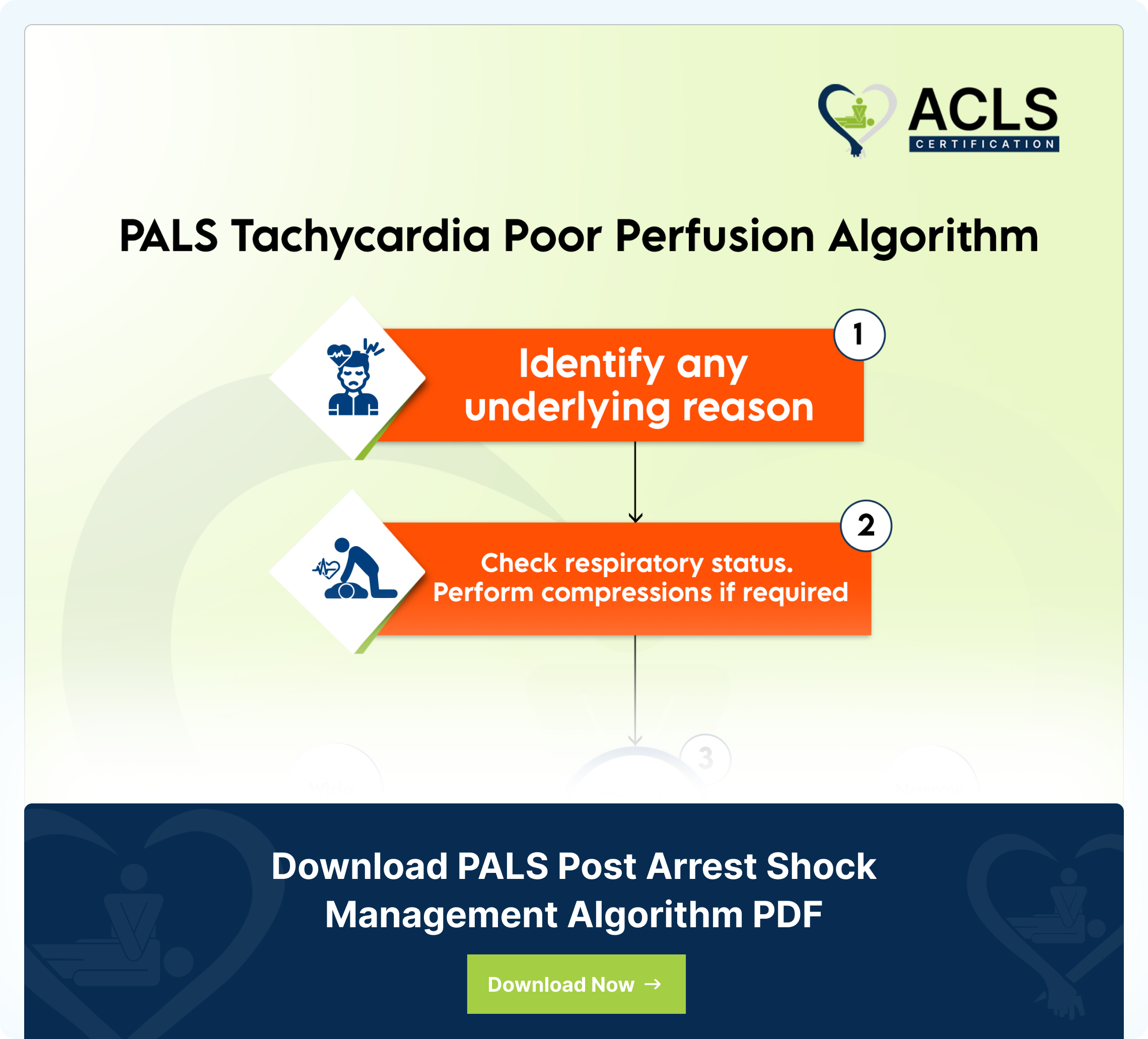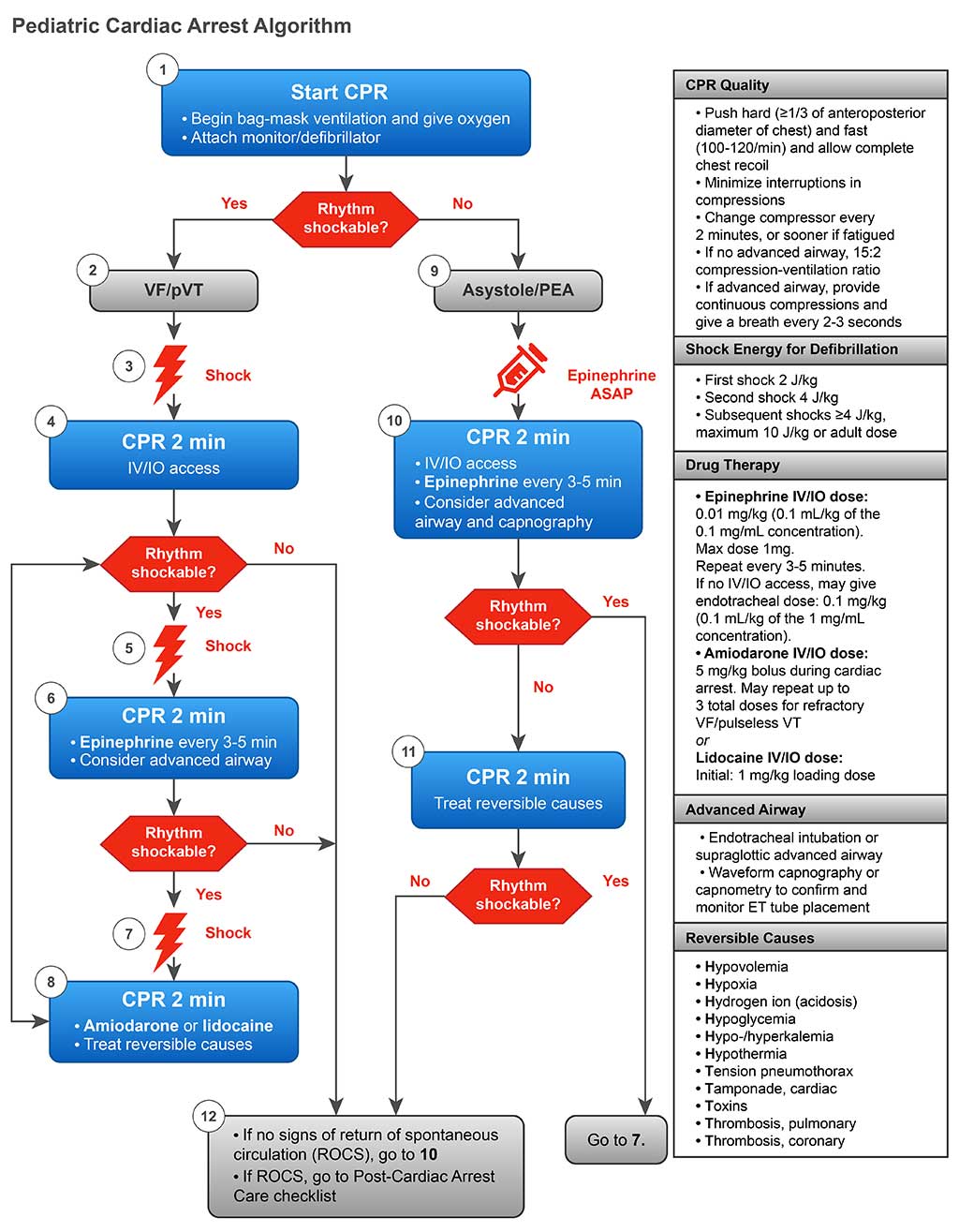Pals Cardiac Arrest Algorithm - Learn the latest recommendations for pediatric basic and advanced life support, including algorithms, visual aids, and key issues. This algorithm is based on the latest (2015) american heart association standards and guidelines. Familiarize with basic pals cardiac arrest algorithm for pediatric patients. Cardiac arrest in children is most often caused by respiratory failure or shock, not primary cardiac events as. Learn initial response protocols in life support scenarios.
Cardiac arrest in children is most often caused by respiratory failure or shock, not primary cardiac events as. This algorithm is based on the latest (2015) american heart association standards and guidelines. Learn the latest recommendations for pediatric basic and advanced life support, including algorithms, visual aids, and key issues. Familiarize with basic pals cardiac arrest algorithm for pediatric patients. Learn initial response protocols in life support scenarios.
Learn the latest recommendations for pediatric basic and advanced life support, including algorithms, visual aids, and key issues. Familiarize with basic pals cardiac arrest algorithm for pediatric patients. Learn initial response protocols in life support scenarios. Cardiac arrest in children is most often caused by respiratory failure or shock, not primary cardiac events as. This algorithm is based on the latest (2015) american heart association standards and guidelines.
AlgorithmPALS Ped Systematic Approach 200615 PDF Cardiac Arrest
This algorithm is based on the latest (2015) american heart association standards and guidelines. Cardiac arrest in children is most often caused by respiratory failure or shock, not primary cardiac events as. Learn initial response protocols in life support scenarios. Learn the latest recommendations for pediatric basic and advanced life support, including algorithms, visual aids, and key issues. Familiarize with.
ER goldbook PALS CPR
Cardiac arrest in children is most often caused by respiratory failure or shock, not primary cardiac events as. Learn initial response protocols in life support scenarios. This algorithm is based on the latest (2015) american heart association standards and guidelines. Learn the latest recommendations for pediatric basic and advanced life support, including algorithms, visual aids, and key issues. Familiarize with.
ACLS Cardiac Arrest Algorithm
Cardiac arrest in children is most often caused by respiratory failure or shock, not primary cardiac events as. This algorithm is based on the latest (2015) american heart association standards and guidelines. Learn the latest recommendations for pediatric basic and advanced life support, including algorithms, visual aids, and key issues. Learn initial response protocols in life support scenarios. Familiarize with.
Pediatric Cardiac Arrest Algorithm First10EM
This algorithm is based on the latest (2015) american heart association standards and guidelines. Familiarize with basic pals cardiac arrest algorithm for pediatric patients. Learn the latest recommendations for pediatric basic and advanced life support, including algorithms, visual aids, and key issues. Cardiac arrest in children is most often caused by respiratory failure or shock, not primary cardiac events as..
PALS Algorithms
This algorithm is based on the latest (2015) american heart association standards and guidelines. Cardiac arrest in children is most often caused by respiratory failure or shock, not primary cardiac events as. Learn the latest recommendations for pediatric basic and advanced life support, including algorithms, visual aids, and key issues. Learn initial response protocols in life support scenarios. Familiarize with.
Pediatric Cardiac Arrest Algorithm
Learn initial response protocols in life support scenarios. Familiarize with basic pals cardiac arrest algorithm for pediatric patients. This algorithm is based on the latest (2015) american heart association standards and guidelines. Cardiac arrest in children is most often caused by respiratory failure or shock, not primary cardiac events as. Learn the latest recommendations for pediatric basic and advanced life.
Pediatric Cardiac Arrest Algorithm Heart Start CPR
This algorithm is based on the latest (2015) american heart association standards and guidelines. Cardiac arrest in children is most often caused by respiratory failure or shock, not primary cardiac events as. Learn initial response protocols in life support scenarios. Familiarize with basic pals cardiac arrest algorithm for pediatric patients. Learn the latest recommendations for pediatric basic and advanced life.
PALS Pulseless Arrest Algorithm. Download Scientific Diagram
Learn initial response protocols in life support scenarios. Cardiac arrest in children is most often caused by respiratory failure or shock, not primary cardiac events as. This algorithm is based on the latest (2015) american heart association standards and guidelines. Familiarize with basic pals cardiac arrest algorithm for pediatric patients. Learn the latest recommendations for pediatric basic and advanced life.
PALS Algorithms 2024 Pediatric ACLS Algorithm ProMed
Learn initial response protocols in life support scenarios. Cardiac arrest in children is most often caused by respiratory failure or shock, not primary cardiac events as. This algorithm is based on the latest (2015) american heart association standards and guidelines. Familiarize with basic pals cardiac arrest algorithm for pediatric patients. Learn the latest recommendations for pediatric basic and advanced life.
Cardiac Arrest PALS Algorithms EA Certs (818) 2200006
Familiarize with basic pals cardiac arrest algorithm for pediatric patients. Cardiac arrest in children is most often caused by respiratory failure or shock, not primary cardiac events as. Learn the latest recommendations for pediatric basic and advanced life support, including algorithms, visual aids, and key issues. Learn initial response protocols in life support scenarios. This algorithm is based on the.
Familiarize With Basic Pals Cardiac Arrest Algorithm For Pediatric Patients.
Learn the latest recommendations for pediatric basic and advanced life support, including algorithms, visual aids, and key issues. Cardiac arrest in children is most often caused by respiratory failure or shock, not primary cardiac events as. Learn initial response protocols in life support scenarios. This algorithm is based on the latest (2015) american heart association standards and guidelines.









